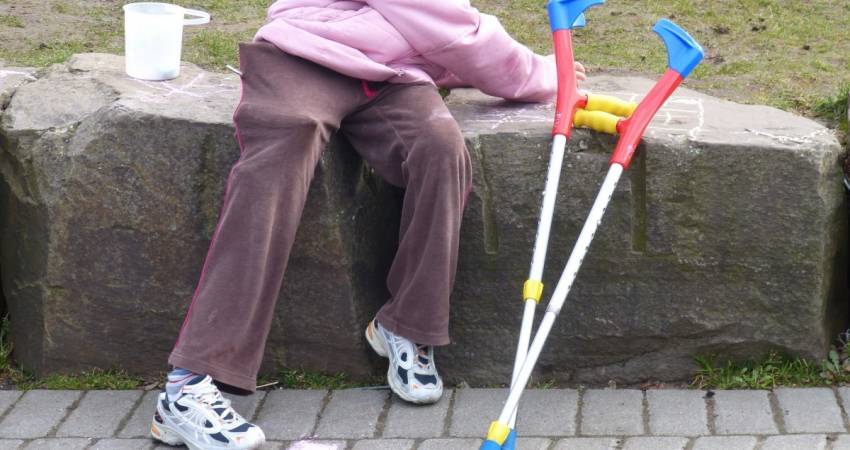
Disabled people have "huge concerns" around assisted suicide
Disabled people have “huge concerns” about the proposal to introduce assisted suicide in Ireland when they already lack so many critical supports, an Oireachtas committee meeting has heard.
The remarks were made by Peter Kearns, an academic and disabled activist who serves as Development Officer with the Independent Living Movement of Ireland (ILMI).
Kearns warned that the introduction of assisted suicide in Ireland “could lead to disabled people making choices where, through lack of supports, they begin to view themselves as a ‘burden’.”
“Give us a chance to have a bit of a life before the other bit comes upon us,” he told the Committee, adding that disabled people often encounter “a narrative [that] your life is not as valued as a non-disabled citizen.”
He continued on to say that if assisted suicide was introduced in Ireland, disabled individuals would inevitably ask themselves as they got older, “Is my life worth living?”
“Choice should not just happen at moments of crisis or imminent death,” he said.
“It is the lack of choice, control and agency throughout our life-course that is the underlying reason why society is so inaccessible to disabled people and excludes and isolates us systematically.”
Kearns claimed that many people with disabilities “have huge concerns” around this proposal in Ireland, particularly when “a person has a life-limiting condition, or be on the spectrum of dying of a terminal illness.”
“What Ireland needs is a conversation about the needs of disabled people,” he said.
“Proper practical, emotional and medical support needed to live dignified lives.”
Meanwhile, Disability Federation of Ireland CEO John Dolan warned that the State could “influence” disabled people to end their lives.
“It is important that the State does not unduly have an invisible hand or influence in the decision of someone to end their life,” he said. He added that this could take place because the State “has not supported disabled people to have a life of independence equal to everyone else.”
Dolan said that “many disabled people in Ireland are caught up in a daily cycle of worry about how to survive” while on a “wholly inadequate” income.
“They are often subject to intersecting layers of social and economic disadvantage and other barriers that drive health inequity,” he said.
Ben Scallan
This article first appeared on Gript and is published here with permission
Featured
- Campaign to stop EU funding out of state abortions - tell your EU commissioner to vote NO
- Judge recuses himself from case of woman praying in censorship zones for “apparent bias”
- I’m a Celebrity star criticises “sad” UK law that aborts babies with Down Syndrome up to birth
- British actress speaks out on “serious risk” assisted suicide bill has for those with eating disorders
- Caplan’s “Tragic Hysteria of Abortion” discusses the flaws with mainstream Turnaway Study interpretations
- Backlash as Scotland report proposes legalising sex-selective abortion up to birth
- Canada hits new record as 1 in 20 deaths a result of Euthanasia
- Ben Scallan defends pro-life on TV show Dinner with the Enemy
- Influencers share the loss of their beloved unborn baby
- Dublin woman with cancer says unborn child was sent to save her
- Mother and baby doing well after surgery for mother’s cancer during pregnancy
- Josiah: Abortion Survivor
- Loving the Unborn
- Rally for Life 2025
- Don't assist Suicide 2024
You can make a difference.
DONATE TODAY